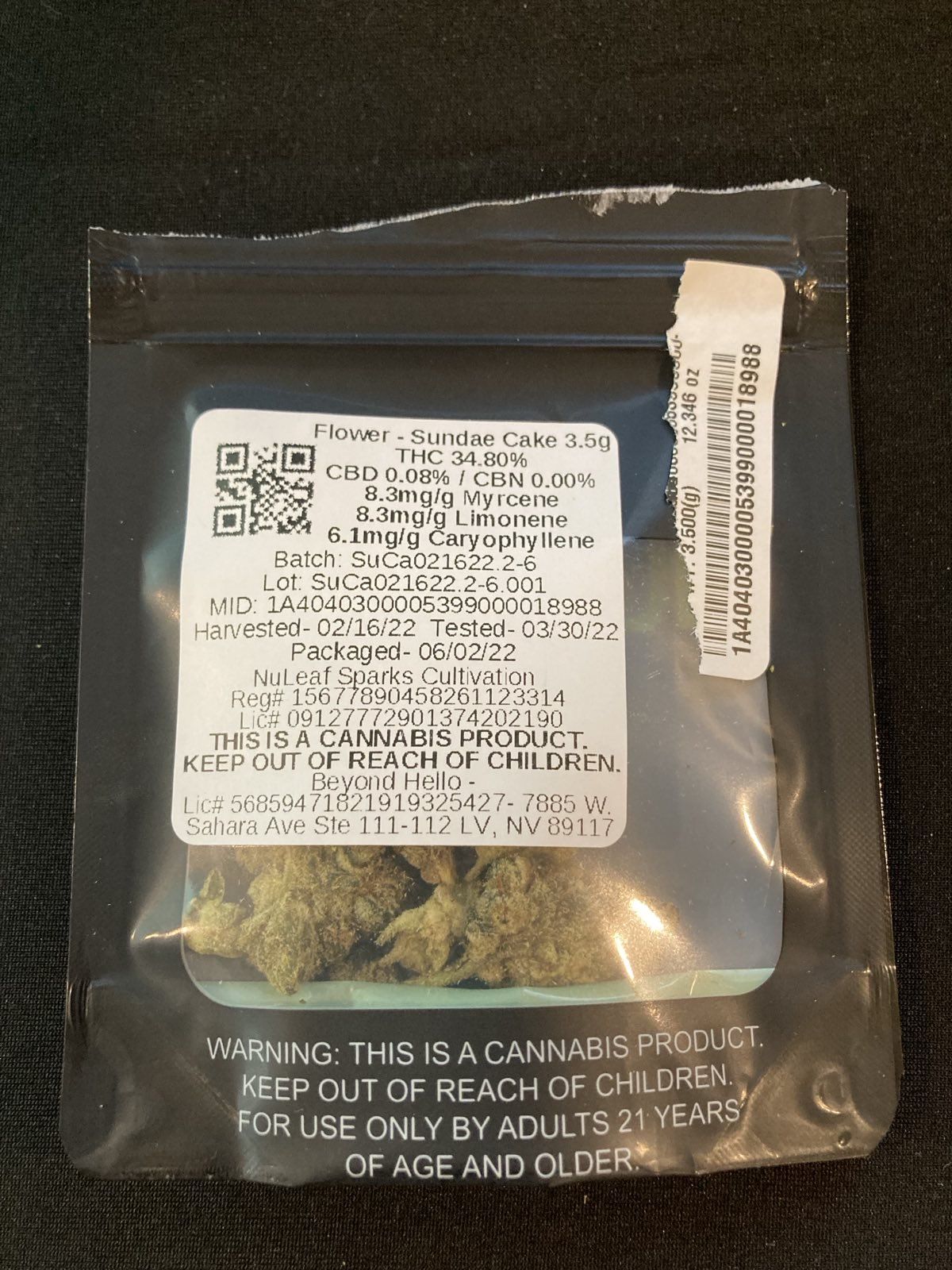Dispensary menu integration has become a pivotal component for operational efficiency and customer satisfaction. This integration, which synchronizes a dispensary’s point-of-sale (POS) system with its digital menus, ensures real-time updates on product availability, pricing, and compliance information. As dispensaries consider enhancing their digital infrastructure, a critical decision emerges: should they opt for third-party solutions or develop internal systems? Understanding the benefits and challenges of each approach is essential for making an informed choice.
The Importance of Menu Integration
Effective menu integration offers several advantages:
- Real-Time Inventory Management: Integrated systems automatically update product availability, reducing the risk of selling out-of-stock items and enhancing customer trust .
- Operational Efficiency: Automating menu updates minimizes manual data entry, allowing staff to focus on customer service and other critical tasks .
- Regulatory Compliance: Accurate and timely updates help ensure adherence to state and local cannabis regulations, mitigating the risk of penalties .
- Enhanced Customer Experience: Providing up-to-date product information improves the shopping experience, potentially increasing customer loyalty and sales .
Third-Party Menu Integration Solutions
Third-party platforms, such as Dutchie, Leafly, and I Heart Jane, offer ready-made solutions that integrate with various POS systems. These platforms provide:
- Ease of Implementation: Quick setup processes enable dispensaries to integrate their menus without extensive technical expertise.
- Marketplace Exposure: Being part of a larger platform can increase visibility to potential customers who use these services to find dispensaries and products.
- Continuous Updates and Support: Third-party providers often offer regular updates and customer support, ensuring the system remains current and functional.
However, there are considerations to keep in mind:
- Limited Customization: These platforms may offer restricted branding options, potentially leading to a less personalized customer experience.
- Data Ownership Concerns: Utilizing third-party services might involve sharing customer data, which could raise privacy and competitive concerns.
- Potential for Increased Costs: While initial costs may be low, long-term expenses, including subscription fees and potential price increases, should be evaluated .
Internal Menu Integration Systems
Developing an internal menu integration system allows for:
- Complete Customization: Dispensaries can tailor the system to their specific needs, aligning with brand identity and operational workflows.
- Full Data Control: Managing the system internally ensures that customer and sales data remain within the organization, enhancing privacy and security.
- Scalability: Internal systems can be designed to scale with the business, accommodating growth and changes in product offerings.
Challenges associated with internal systems include:
- Higher Initial Investment: Developing a custom solution requires significant time and financial resources.
- Maintenance and Updates: Ongoing technical support is necessary to address issues and implement updates, which may require dedicated IT personnel.
- Compliance Management: Ensuring the system remains compliant with evolving regulations necessitates continuous monitoring and adjustments.
Making the Right Choice
The decision between third-party and internal menu integration systems depends on various factors:
- Business Size and Resources: Smaller dispensaries may benefit from the simplicity and lower upfront costs of third-party solutions, while larger operations with more resources might prefer the control offered by internal systems.
- Customization Needs: Businesses seeking a highly tailored customer experience may find internal systems more suitable.
- Data Sensitivity: For dispensaries prioritizing data privacy, internal systems provide greater control over customer information.
- Regulatory Environment: Dispensaries operating in regions with complex or frequently changing regulations might prefer the adaptability of internal systems.
Overall, both third-party and internal menu integration systems offer distinct advantages and challenges. Dispensaries must assess their specific needs, resources, and long-term goals to determine the most appropriate solution for their operations.

